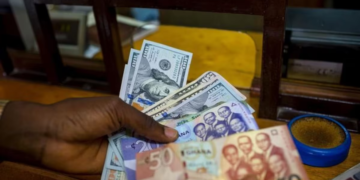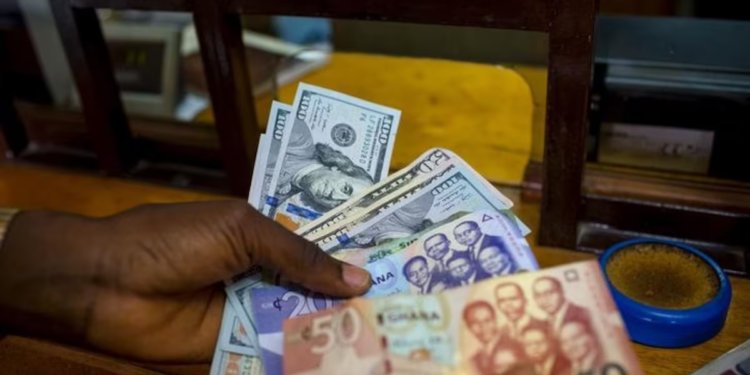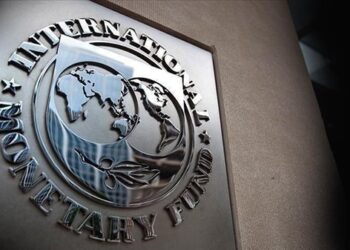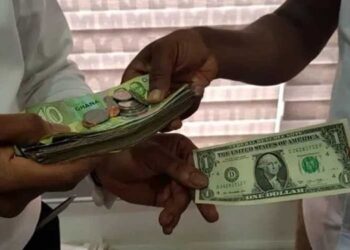As Ghana approaches a crucial election season and the festive yuletide, concerns about the stability of the local currency, the cedi, continue to mount.
Professor Patrick Asuming, an economist and lecturer at the University of Ghana Business School has highlighted the grim outlook for the cedi.
During an interview on ABC in the Morning, he expressed pessimism about any significant recovery for the cedi, stating, “So I don’t think we should be expecting that the cedi is going to gain. We just have to hope that we don’t lose as much as quickly at some point of this year.”
Asum further explained that expecting a cedi appreciation might be unrealistic given the current economic climate.
“An expectation of a cedi appreciation is a little misplaced. I don’t think we should be expecting the cedi to gain,” he said.
He acknowledged the broader economic pressures, noting that the strength of the dollar this year has exacerbated the situation.
“The dollar has been extremely strong this year. So it’s not just Ghana that has been feeling the aftereffect,” he added.
The economist pointed out that Ghana’s import-dependence exacerbates the impact on the cedi, making it more vulnerable to fluctuations.
“Because of our peculiar position and the structure of our economy, we tend to see more pressure on our currency,” Asum noted, emphasizing the challenges faced by the nation due to its heavy reliance on imports.
To address the persistent depreciation of the cedi, Assum suggested that while short-term solutions like inflows could provide temporary relief, a long-term strategy is essential.
“At the moment, our best option is a longer-term fix. But sometimes we can get some short-term fixes mostly in the form of inflows,” he said.
He also advocated for reducing import reliance, particularly for food products that Ghana could potentially produce domestically.
“We should be able to produce them ourselves,” he concluded.

































